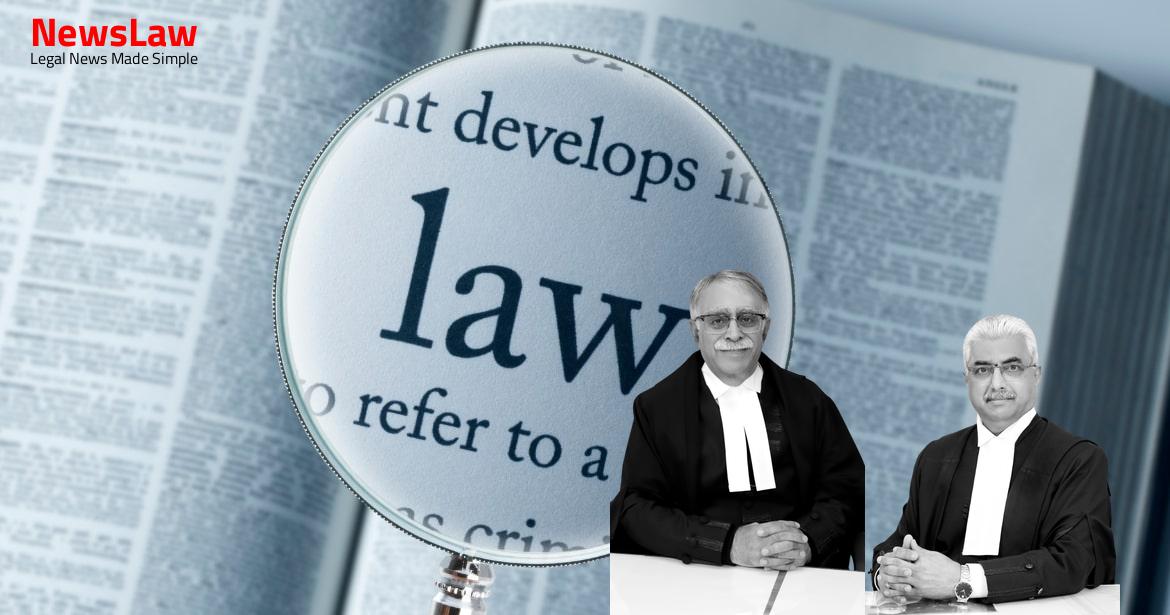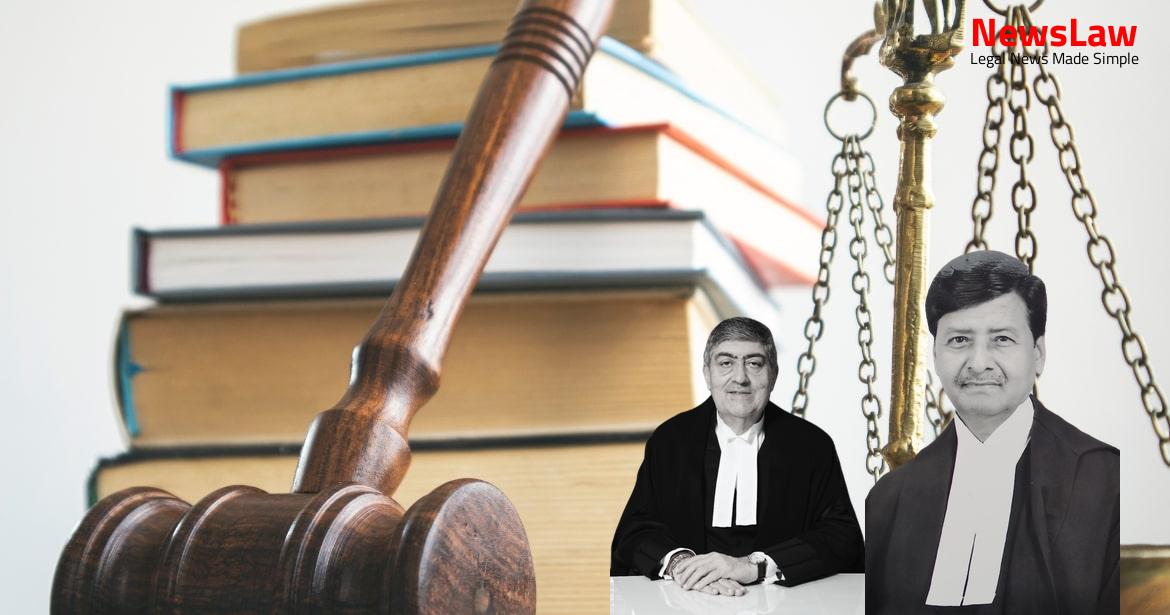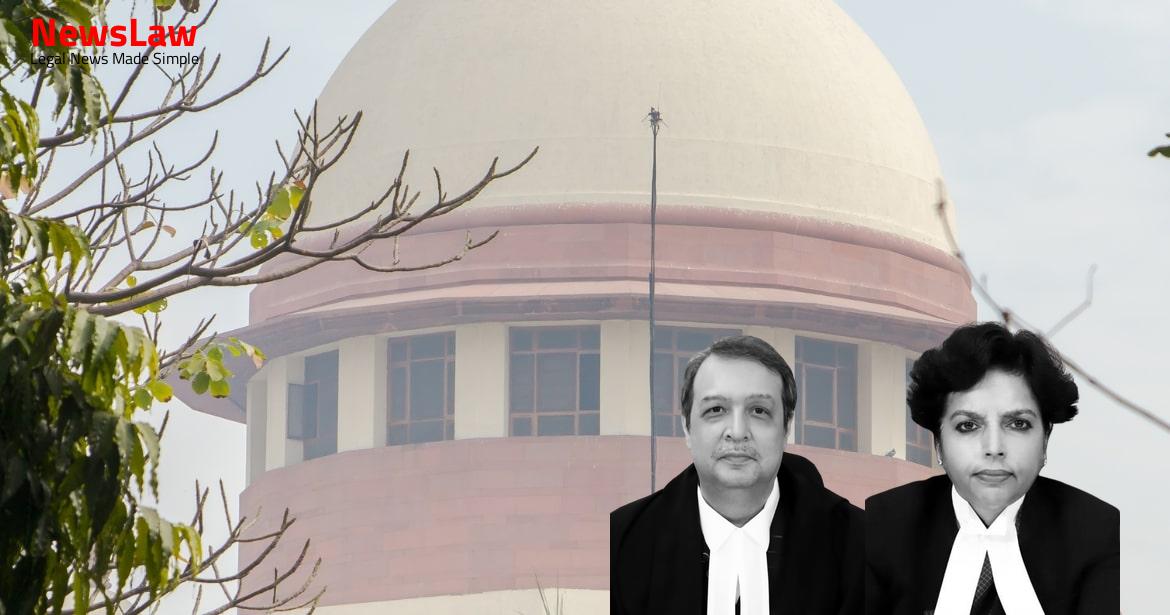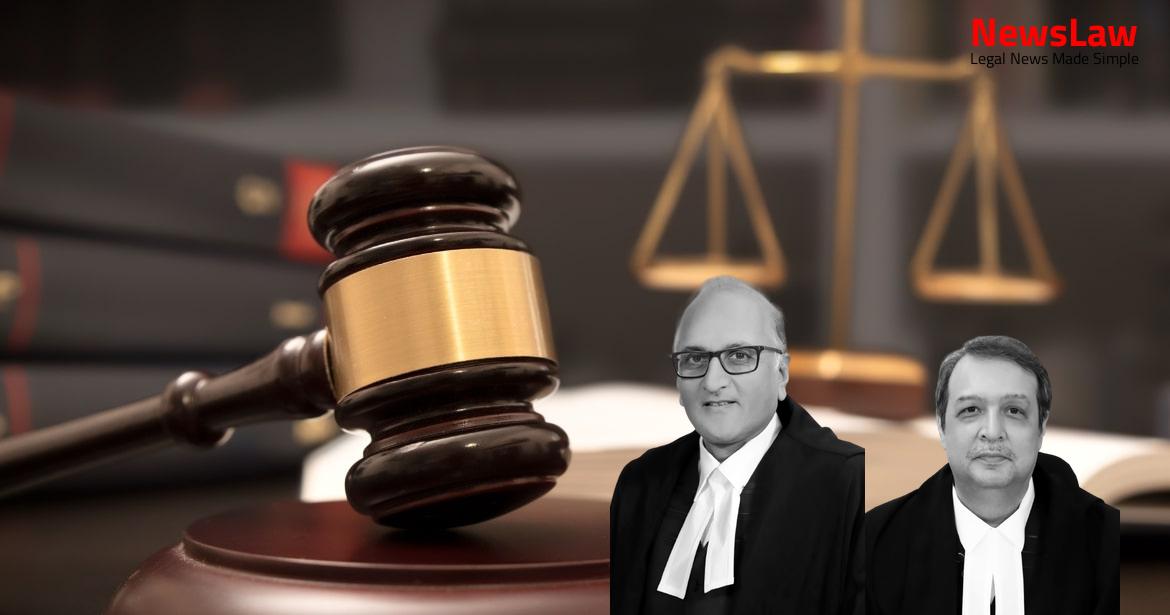In the significant legal case of Indigent Widow v. State of Gujarat, the Supreme Court of India addressed the issue of access to justice for disadvantaged individuals. The petitioner, an indigent widow, sought to file an appeal but was denied the opportunity by the High Court. The Court’s decision highlights the crucial balance between protecting the rights of indigent petitioners and ensuring fairness in legal proceedings. This blog delves into the nuances of the case and the Supreme Court’s ruling on safeguarding legal remedies for the marginalized.
Facts
- The claimant-appellant filed a Regular First Appeal No. 2611/2017 in the High Court of Gujarat after being dissatisfied with the Tribunal’s Award.
- The Tribunal had awarded a sum of Rs. 2,41,745/- with 9% interest and proportionate costs.
- The appellant was injured in an accident on 4th July 2010 while riding pillion on a bike that was hit by a truck, resulting in a hospital stay for fourteen days and subsequent plastic surgery.
- Post-accident, the appellant sustained permanent disablement and was unable to work, despite earning Rs. 3,000/- per month at the time of the accident.
- The appellant filed a claim for Rs. 10 lakhs with 18% interest and costs.
- Misc. Civil Application No. 3/2018 was filed seeking permission to file the said First Appeal as an indigent person and the opportunity to pursue the remedy before an appropriate forum.
- Claimants filed claim petition before the Tribunal seeking Rs.10,00,000/-.
- Tribunal partly allowed the claim and awarded Rs.2,41,745/- with 9% interest.
- Applicant was not considered an indigent person due to the awarded amount.
- Applicant has not received any amount as of now.
Arguments
- The Court is considering whether a person entitled to compensation before the Motor Accident Claims Tribunal can be considered not an ‘indigent person’ due to the amount they are slated to receive.
- The main question is whether a person, as an award holder of compensation yet to be received, can be denied the right to appeal for enhanced compensation as an indigent.
Also Read: Landlord vs. Tenant: Interpretation of Rent Control Legislation in India
Analysis
- The High Court erred in rejecting the Misc. Application.
- The High Court made a mistake by not allowing the claimant-appellant to file the appeal.
- Orders XXXIII and XLIV allow for deferring of payment of court fees if the suit filed as an indigent person succeeds.
- The court fee can be deducted from the amount received as a result of the suit.
- The protection for indigent persons is best assured by a workable remedy within the judicial system.
- The claimant-appellant’s desire to file an appeal is recognized without commenting on the merits of the matter.
- The State should not travesty the basic principle of assisting indigent persons, especially when involving an indigent widow, which goes against Articles 14 and 39-A.
- The Code of Civil Procedure provides a mechanism for indigent persons to file suits or appeals, Orders XXXIII and XLIV being pertinent.
- In this case, the appeal is under Section 173 of the Motor Vehicle Act, 1988.
- Rule 1 of Order XLIV emphasizes appeals filed as indigent persons.
- The intent of Orders XXXIII and XLIV is clear and helpful for indigent individuals.
- The concept of an indigent person is discussed in detail, emphasizing that lack of monetary capability should not hinder access to justice.
- Factors considered when determining indigency include employment status, income, ownership of assets, total indebtedness, and financial assistance.
- The provision for deferred payment of court fees is meant to assist poor litigants who cannot afford the requisite fees due to poverty.
- The right to sue as an indigent person does not exempt the individual from paying court fees if they fail in the suit.
- The eligibility to sue as an indigent person is discussed, highlighting that the burden of establishing indigency is on the party.
- Order XLIV Rule 3(2) states that the inquiry into whether the applicant is an indigent person should be conducted by the Appellate Court or by an officer of that Court under the orders of the Appellate Court.
- If the Appellate Court deems necessary, the inquiry may be conducted by the Court from whose decision the appeal is preferred.
- In this case, the Appellate Court did not conduct any inquiry regarding the indigent status of the applicant as required by the rules.
- The claimant-appellant did not file the claim before the Tribunal as an indigent person, as required by Rule 3(1).
- Rule 3(1) states that no further inquiry is needed if a person was allowed to sue or appeal as an indigent person, unless the Government pleader disputes the claim.
- Since the appellant did not meet the statutory requirement under the C.P.C. as an indigent person, the order of the Single Judge needs to be set aside.
Decision
- The appeal is allowed and the impugned judgment is set aside.
- The matter could have been remanded to the High Court for further inquiry, but due to the time passed, the appellant is granted liberty to appeal as an indigent person.
- The High Court is requested to expedite the decision on the appeal filed by the claimant-appellant, preferably within six months.
Case Title: ALIFIYA HUSENBHAI KESHARIYA Vs. SIDDIQ ISMAIL SINDHI (2024 INSC 457)
Case Number: C.A. No.-006682-006682 – 2024



